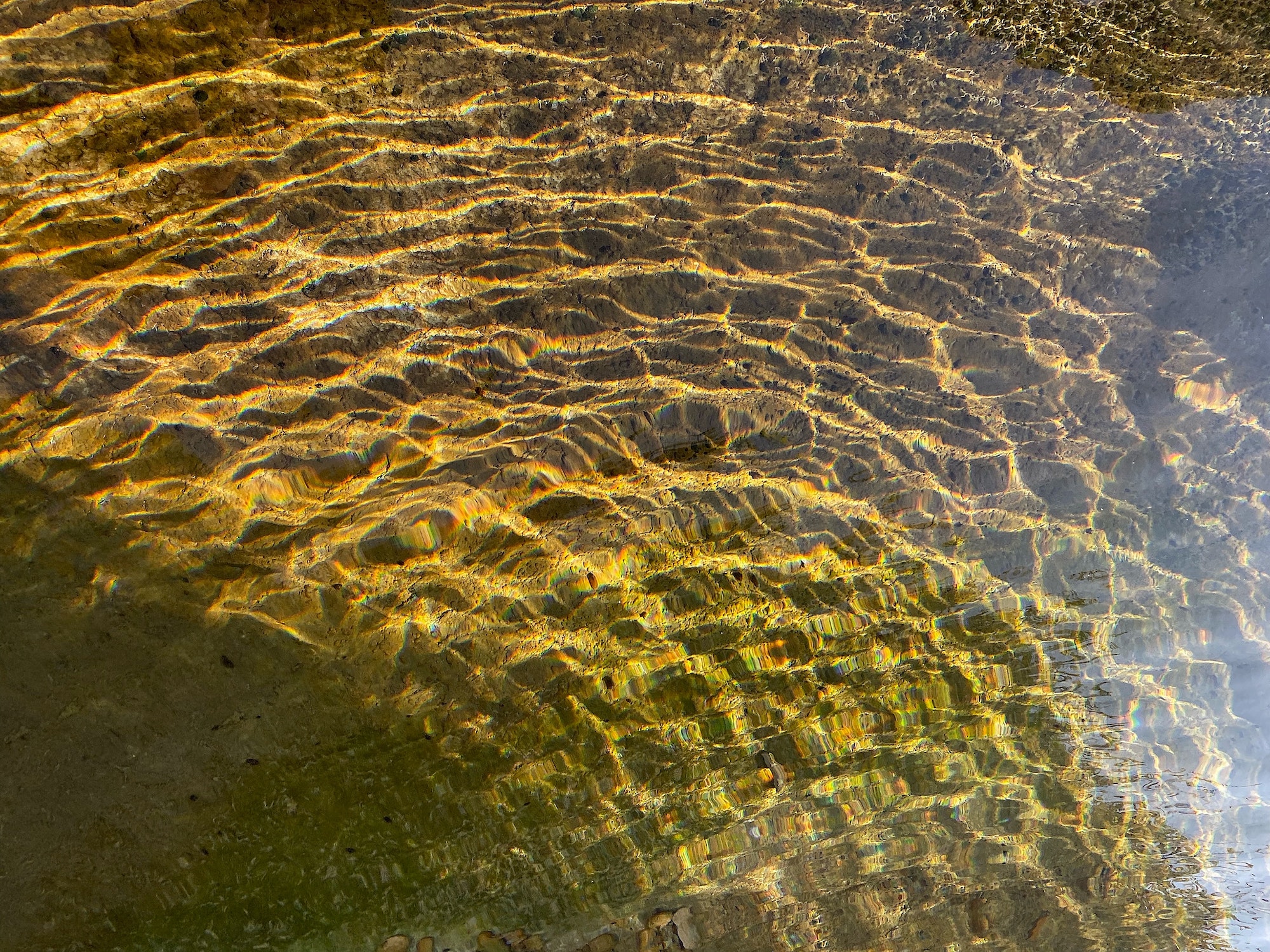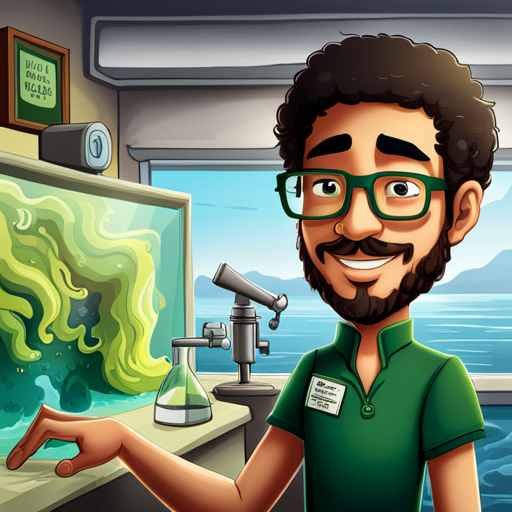Algae biofuel production has recently gained attention as an alternative source of energy due to its potential to mitigate carbon emissions and reduce dependence on fossil fuels. Advances in cultivation systems and emerging trends in this field have led to improvements in light penetration and CO2 delivery, ultimately enhancing growth rates and efficiency in algae biofuel production.
Advancements in Cultivation Systems
Traditional open pond systems for algae cultivation have faced challenges such as contamination, low biomass productivity, and high water requirements. To overcome these issues, several advanced cultivation systems have been developed, including:
- Photobioreactors (PBRs): PBRs are closed systems that provide a controlled environment for optimal algal growth. They offer higher biomass productivity, lower water consumption, and less risk of contamination compared to open pond systems. PBRs can be designed in various configurations such as tubular, flat panel, or column reactors. Moreover, they can be customized with enhanced light penetration and CO2 delivery systems for improved growth rates.
- Hybrid Systems: Combining the advantages of both open pond systems and PBRs, hybrid systems consist of an initial stage of closed PBR cultivation followed by a subsequent open pond stage. This approach allows for the controlled growth of algae in the PBR phase while leveraging the cost-effectiveness of open ponds during the scale-up phase.
- Floating Photobioreactors: Floating PBRs are an innovative approach to algae cultivation that involves placing transparent bags or tubes on water surfaces such as lakes or reservoirs. This method not only improves light penetration but also reduces land requirements, making it suitable for large-scale production.
Emerging Trends and Innovations
Several emerging trends and innovations are driving improvements in light penetration and CO2 delivery for enhanced growth rates in algae biofuel production:
- Artificial Intelligence (AI) and Machine Learning (ML): AI and ML algorithms can be applied to analyze and optimize cultivation parameters such as light intensity, CO2 concentration, temperature, and nutrient supply. This enables real-time adjustments to these factors, ensuring optimal growth conditions and enhanced productivity.
- Dynamic Light Regimes: Traditional static light regimes may not provide optimal light penetration throughout the algal culture. Dynamic light regimes involve varying the light intensity, duration, and wavelength to match the photosynthetic capacity of the algae. This can significantly improve light penetration and energy conversion efficiency, leading to higher biomass productivity.
- CO2 Capture and Utilization: Integrating CO2 capture technologies with algae cultivation systems can improve CO2 delivery and enhance growth rates. For example, flue gas from industrial processes can be treated and used as a carbon source for algae growth. This not only enhances photosynthesis but also reduces greenhouse gas emissions.
- Genetic Engineering: Genetic engineering techniques can be employed to modify algae strains for improved photosynthetic efficiency, growth rates, and biomass productivity. For instance, overexpressing genes related to carbon fixation or light-harvesting proteins can lead to enhanced CO2 utilization and light penetration.
- Nanotechnology: Nanomaterials can be incorporated into algae cultivation systems to enhance light penetration and CO2 delivery. For example, nanoparticles with high refractive indices can be dispersed in the culture medium to increase light scattering and absorption by the algae.
In conclusion, advancements in cultivation systems and emerging trends in algae biofuel production are driving improvements in light penetration and CO2 delivery for enhanced growth rates. These innovations hold great promise for the large-scale production of sustainable biofuels that can help address global energy demands while reducing environmental impacts.


